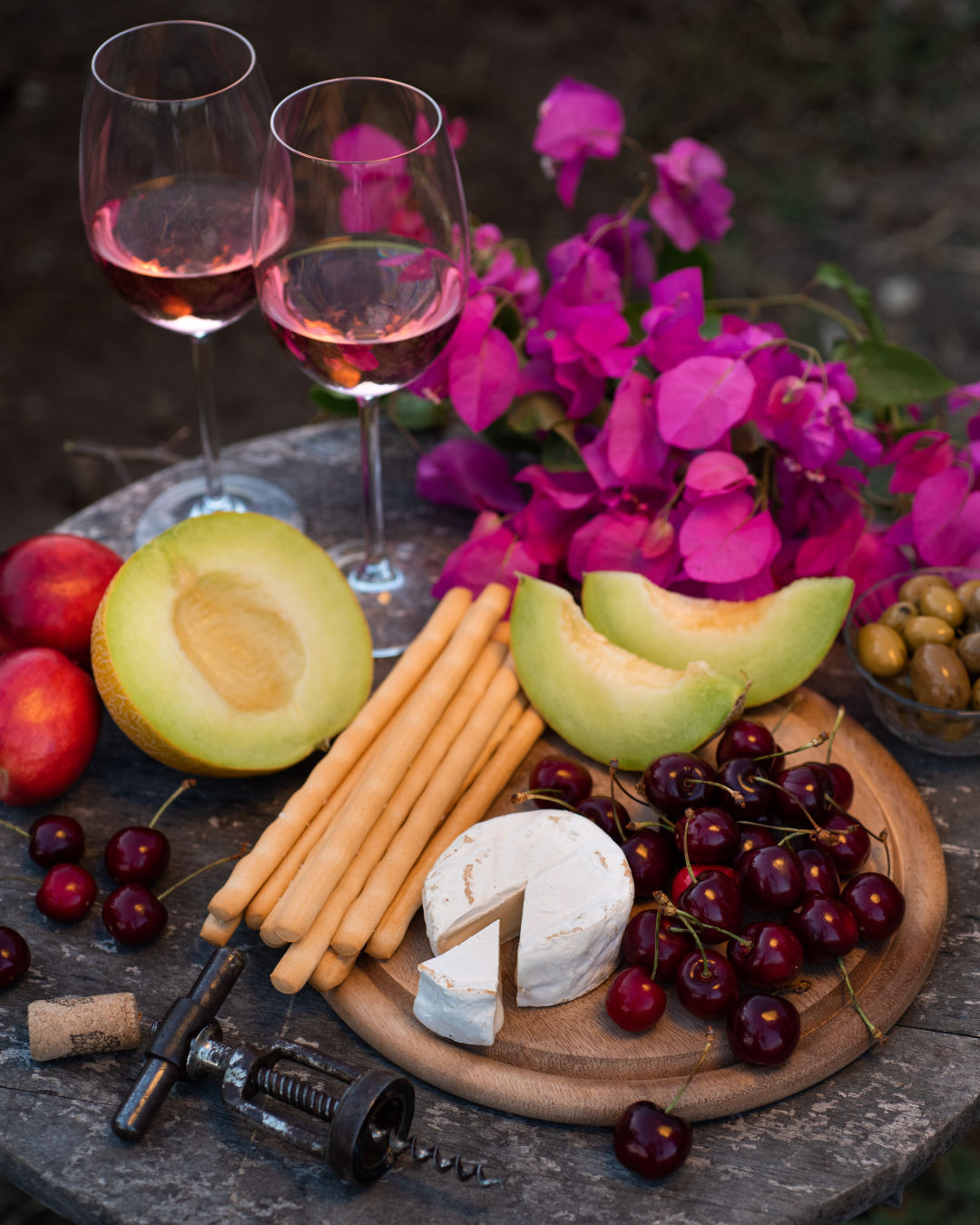Making Sense of Natural, Organic, Biodynamic and Sustainable Wines

Natural wine bars have become an international sensation, especially among millennials. While I am not aware of any in southwest Florida, that doesn’t mean you have to visit New York or Paris to experience their offerings.
While the definition of "natural," in this sense, is vague, it generally refers to the concepts of organic or biodynamic grape farming. Producers of these wines reduce or eliminate artificial pesticides, additives and fertilizers and may even cease irrigation. "Organic" is the term most consumers understand. To earn the designation, a vineyard and winery must adhere to certain established grape growing and winemaking restrictions—mainly the elimination of chemicals.
"Biodynamic," meanwhile, carries the organic concept even further, by having the vineyard and winery become an entity unto itself, where no artificial substances enter or leave the property. There are also astrological conditions to this practice. If a winery cannot participate in either of these procedures, a certification of "sustainable," meaning the winery uses the least amount of artificial ingredients possible and becomes a steward of the land (often referred to as fish-friendly), is available.
To bolster consumer interest in these natural wines, it’s helpful to have a celebrity endorsement. There are a legion of luminaries—mostly actors, musicians and sports stars—with their own wine labels. Now enters Cameron Diaz promoting her own “clean” vegan wine Avaline. While "clean" is a common term in winemaking, her definition refers to freshness of taste. Interestingly, she omits the sources of the wines, believing that country of origin and varietal are less important than her flavor profile.
With these thoughts in mind, here are a few locally available natural wines. Prices are approximate.
- Alois Lageder Porer Pinot Grigio 2018 From northern Italy’s premiere biodynamic producer, this is not your typical pinot grigio. It’s a dry, full-flavored, nicely balanced wine. The deep gold color is reminiscent of a chardonnay. $26 at Morton’s Gourmet Market and Whole Foods Market.
- Badia a Coltibuono Chianti Classico 2018 This is one of the foremost organic producers in Tuscany, and one of the oldest. This Chianti Classico is made up largely of sangiovese grapes, which is indicative of the Tuscany region. On the lighter side, this well-integrated wine explodes with cherry flavor. A nice balance of acidity cleanses the palate. $22 at ABC Fine Wine & Spirits.
- Frank Family Vineyards Napa Valley Zinfandel 2017 A well-balanced wine with wonderful integrated fruit flavors of blackberry. Not harsh or biting like many Zins. Pleasant taste with a luscious character. $38 at Total Wine & More and Siesta Sprits.
- Gamble Family Vineyards Paramount Red Blend 2016 A broodingly deep, rich wine with intense flavors of black current and plum. This Bordeaux-style, sustainable blend is well-balanced, with great mouth feel and a lingering finish. $90 at Michael's Wine Cellar.
Bob McGinn has spent his entire career in the wine industry—forming wine clubs, working in wine sales marketing and engaging in all facets of the winemaking process, including vine management, fermentation and yeast analysis. He has developed wine programs for companies such as Marriott, Sheraton and Smith & Wollensky, and consults with local restaurants. You can read more of McGinn’s work at gulfcoastwinejournal.com.